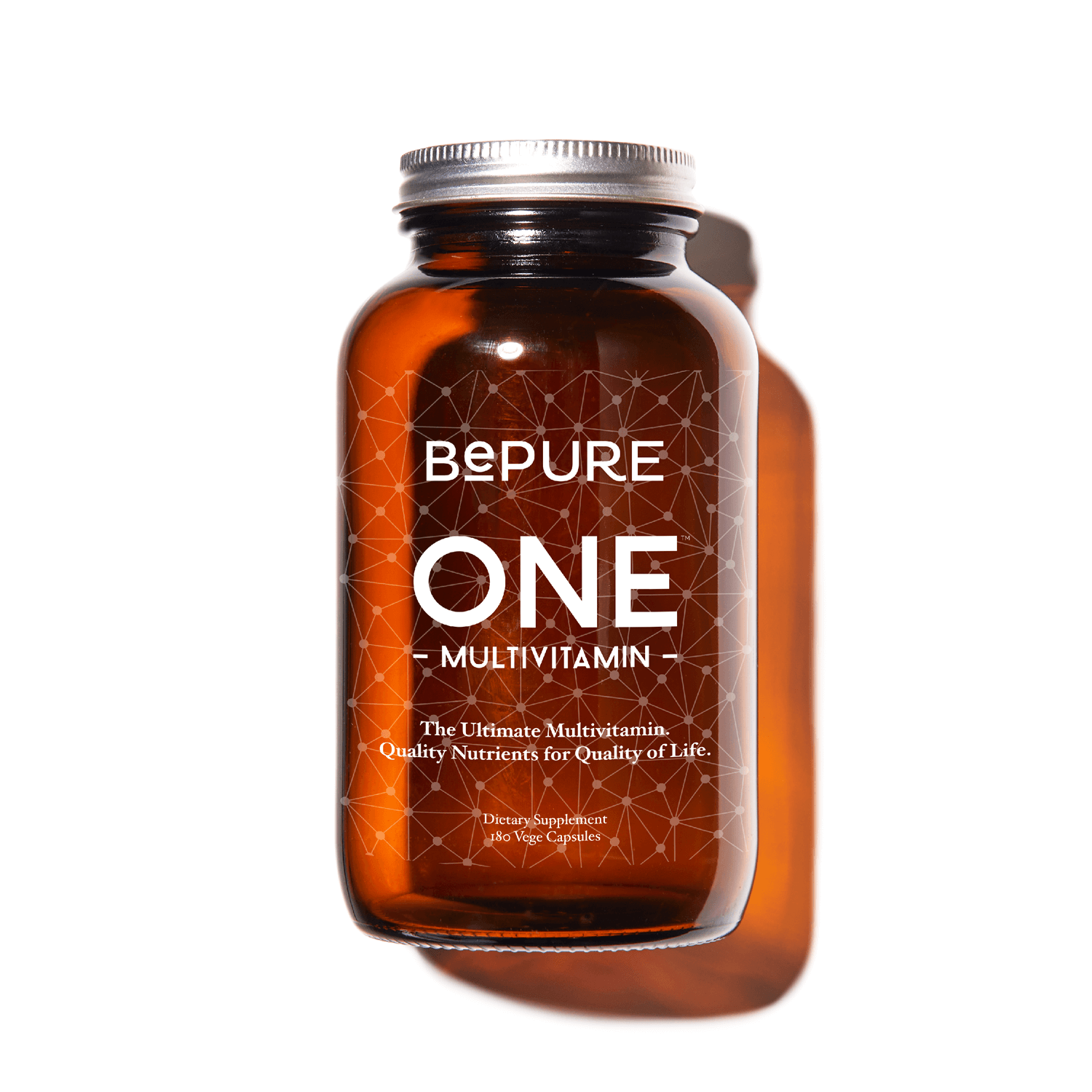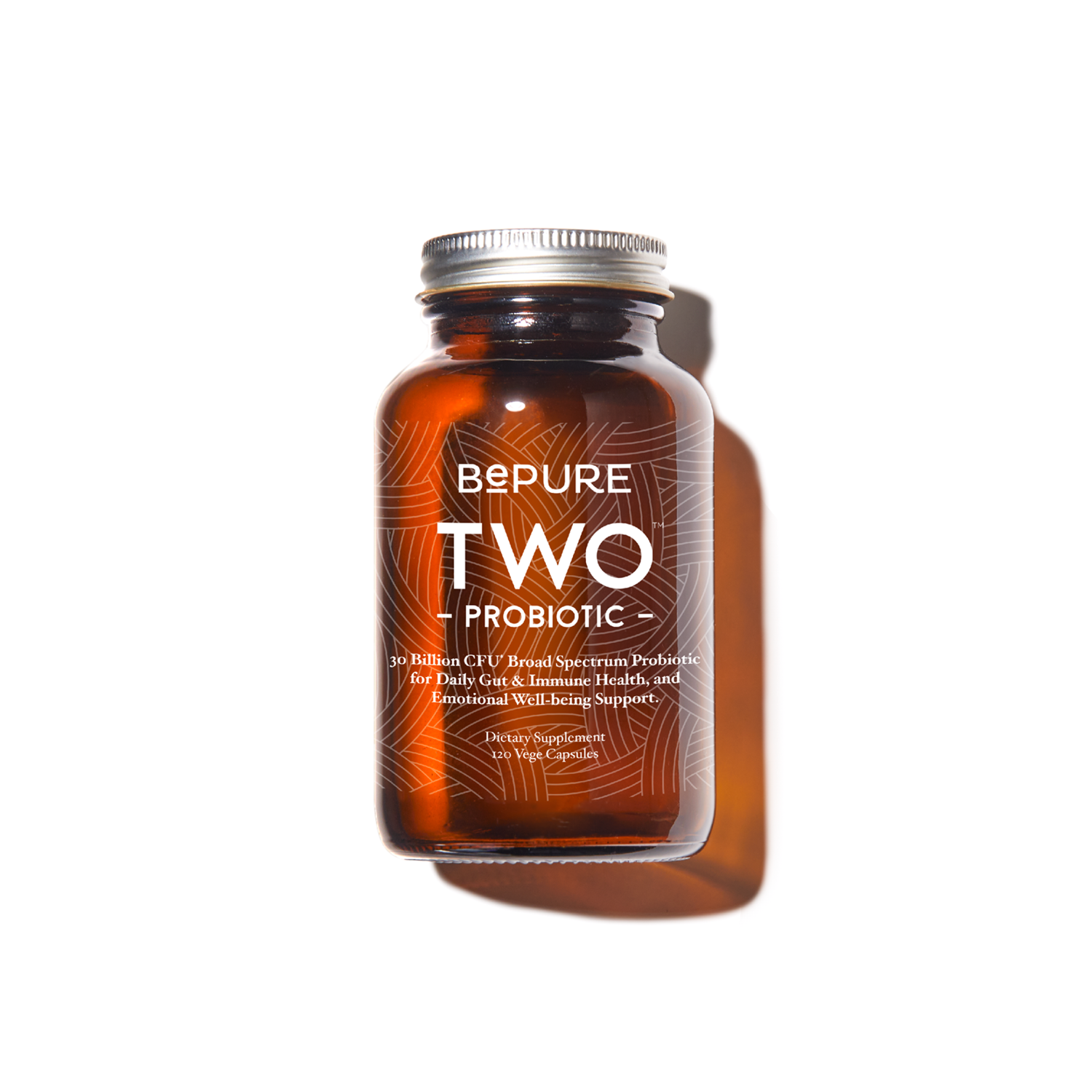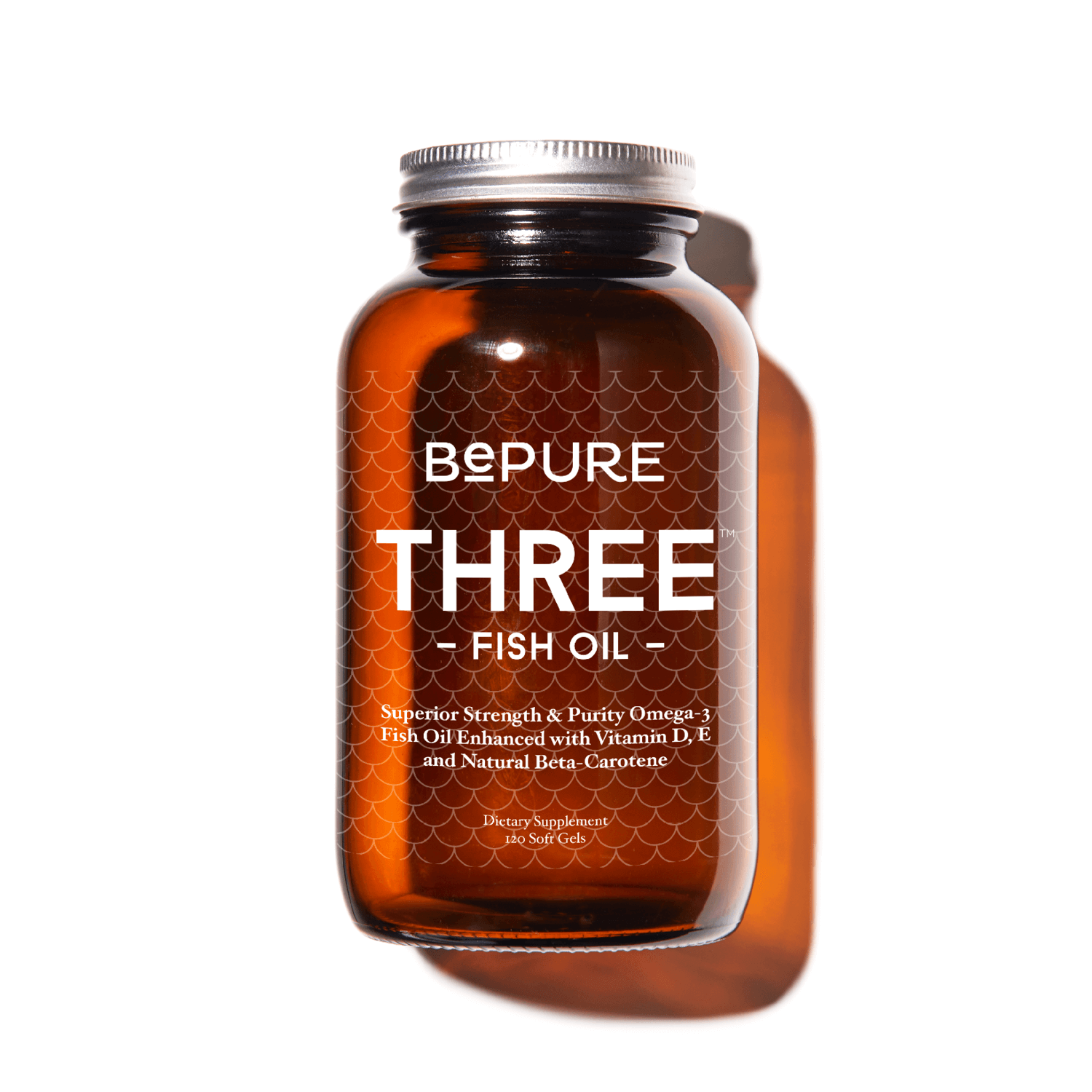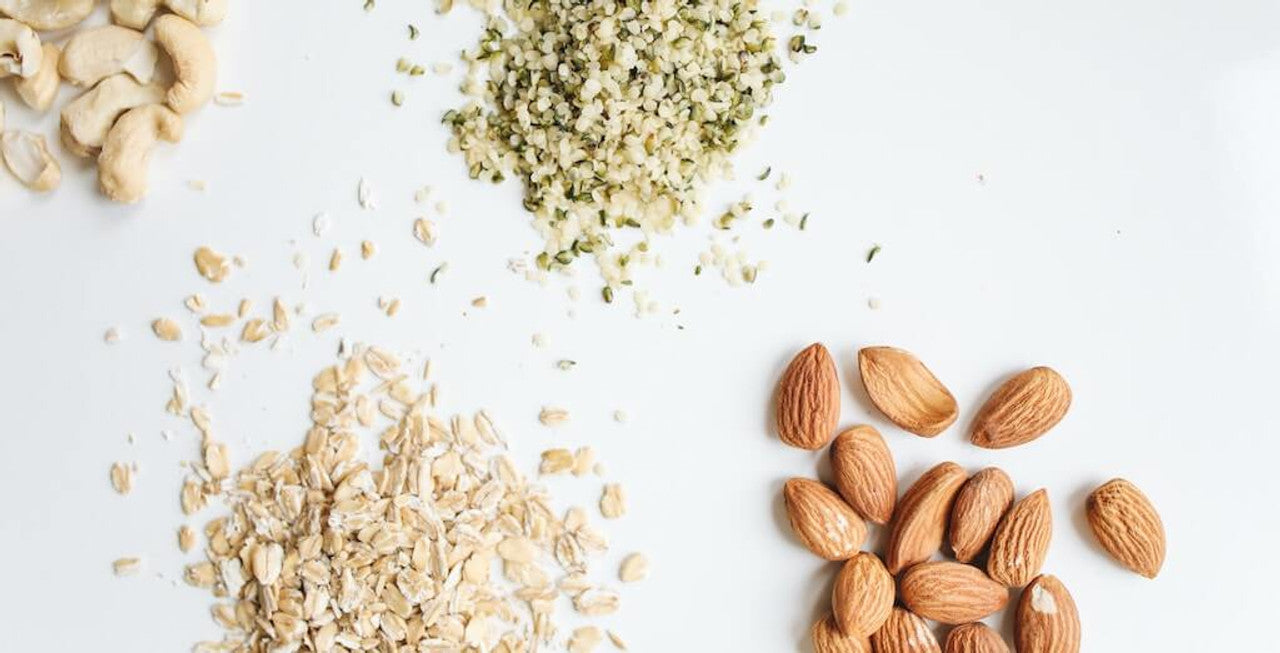Anxiety affects us all in different ways. For some, it comes as a normal and healthy response to stressful situations; our bodies way of telling us to get ready for action. A fast flow of adrenaline into the blood system brings your attention to the problem at hand, and you find yourself analysing the same issue over and over again, fixating on possible escape routes or obsessing over possible solutions.
This is helpful and necessary in rational doses – but for many Kiwis, experiencing anxiety means a lot more than that. When high levels of anxiety become a part of a daily routine, it can take over rational thought in a way that can feel overwhelming, frightening and debilitating. Situations that once seemed straightforward can start to feel impossible – meeting up with friends, leaving the house, going to work for the day.
When high levels of anxiety become a part of a daily routine, it can feel overwhelming, frightening and debilitating.
It’s a serious affliction, one that requires us to look deeper into our own bodies, minds, and the way they interact. While there is no one definitive ‘cure’ or treatment for anxiety, it is possible to actively try and ease our anxiety in a variety of ways – one being through nutrition.
It’s All Connected
First, it’s important to understand how your body and mind are connected.
When you find yourself feeling overwhelmed with stress, anxiousness or spiraling moods, you use up nutrients faster, which is why it’s important, especially in the modern world, that we are eating nutrient wholefoods.
The key here is neurotransmitters, the chemical messengers that tell the cells in our body what to do.
Take tennis for example – when you’re playing, you don’t actively instruct your body to lift your arm to swing the racquet. Your neurotransmitters tell your neurons what to do, without you even consciously thinking. But how does this link to nutrients and the food we eat?
The building blocks of neurotransmitters are amino acids. Of the 20 amino acids used by the body, 9 are essential and must be consumed through the foods we eat. When we have nutritional deficiencies in our diet, we essentially weaken the brain's ability to create and send healthy messages, leading to disrupted, lacking or ineffective neurotransmitters. When these chemical messengers are disrupted, the message may then go right back to the transmitter or be lost altogether – impacting our concentration, appetite, memory and mood.
Key Nutrient Deficiencies That May Contribute To Anxiety
Now we know the why, it’s time to take action! But what key nutrient deficiencies are associated with anxiety and low mood? And what does this look like in terms of food?
We’ve identified a selection of key nutrients that could support easing anxiety, alongside lifestyle factors. It won’t be the same for everyone, but it’s a great place to start.
1. Magnesium
Magnesium supports you in bringing more calm into your life, by nurturing your brain's ability to release stress hormones. This means when you feel like you’re being overrun by a busy mind, magnesium supports you in finding some space to relax, including better sleep too.
Magnesium is the third most abundant mineral in the body.
Magnesium is the third most abundant mineral in the body and it is involved in over 600 biochemical reactions – that’s one very important nutrient!
What to eat? Dark green veggies such as spinach, pumpkin seeds, dark chocolate, nuts, bananas, almonds, legumes, whole grains, avocados, beef, and lamb.
2. Vitamin D
Every tissue in our body has vitamin D receptors, making it essential for how we feel on a daily basis. It also plays a key role in the production and release of dopamine and serotonin – our trusty ‘happy hormones’.
What to eat? Fatty foods such as salmon, herring, tuna, mackerel, sardines, oysters, beef liver, egg yolks and mushrooms (particularly if they have been left out in the sun). Also, getting safe sun exposure between the hours of 11am and 3pm is good for soaking up vitamin D.
3. B6
Vitamin B6 is a key nutrient that supports our entire nervous system. It plays an essential role in producing and regulating the calming neurotransmitters in our brains, such as serotonin and GABA, which can impact depression and anxiety. It has also been found to increase the effectiveness of magnesium by increasing its cellular uptake and limiting its excretion.
What to eat? Carrots, peanuts, kumara, potatoes, poultry, pork, fish, eggs, green peas, soya beans, whole grains, bananas, and avocados.
4. Iron
Iron is found in every living cell. It carries oxygen to all parts of the body, plays a critical role in proper brain formation and it is essential for the production of serotonin. Low iron levels leave us not only feeling fatigued and irritable, but they are also associated with an increased risk of developing anxiety. However, small doses are key! Some research has suggested that too much iron can increase anxiety, so it’s recommended to get your iron from whole food sources as much as possible and monitor your levels regularly.
Iron is found in every living cell.
What to eat? Lean meats such as beef and lamb, eggs, sardines, cooked beans and lentils, and lightly sauteed greens such as spinach and broccoli. Consuming vegetable sources with vitamin C (kiwi fruits, citrus fruits, strawberries, red and green peppers) will also increase its absorption. Avoid gluten as this can reduce iron absorption.
5. Omega 3 fish oil
Seeing as our brains are made up of 60% fat, it makes sense that consuming good fats – particular anti-inflammatory omega-3 fatty acids – is essential for optimal brain health and can support feelings of depression.
Our brains are made up of 60% fat.
It is important, however, to know that omega 3’s are natural blood thinners, so those on warfarin or other blood thinning medication should seek advice from your GP before taking.
What to eat? Walnuts, flax seeds, chia seeds, wild salmon, sardines, mackerel, herring, and eggs.
6. Zinc
Zinc is a vital nutrient, used in over 200 enzymes reactions in the body, which means you need it to function daily. Zinc is required for a healthy nervous system, immune function, high energy, metabolic regulation, stomach acid production and gut health, as well as increasing the absorption of other key nutrients.
Zinc is also a key player in making neurotransmitters such as serotonin and dopamine. It also stimulates the vagus nerve, which sends messages of ‘calm’ to the brain, which can support anxiety.
What to eat? Oysters, red meat, lentils, kidney beans, eggs, pumpkin seeds, sunflower seeds, cashews, mushrooms, and spinach. Avoid alcohol, tea, and coffee as these compete with and can inhibit its absorption.
7. Antioxidants
‘Free radicals’ are continually produced during metabolism, and they serve important functions essential to our survival, such as killing bacteria that try to infect us. However, they are unstable molecules that can also damage cell membranes and DNA if there are high numbers of them. When free radicals outnumber antioxidants, this can lead to oxidative stress (OS), and cases of anxiety and depression have been correlated with low antioxidant status and higher OS.
What to eat? Berries and grapes (particularly the red, blue, black and purple varieties), dark green veggies, orange vegetables such as sweet potatoes and pumpkin, oranges, tomatoes, and avocados. Also red and green peppers, green tea, whole grains, red kidney beans, pinto beans and black beans, garlic, artichokes, nuts, and spices, especially turmeric, thyme and oregano.
8. Selenium
Selenium is an essential trace element, the precursor to the body's master antioxidant, glutathione. It’s required to support a healthy immune system, thyroid function and prevent cell damage from free radicals. It has also critical for the brain, and for cognitive function. In fact, it is so important that when selenium is deficient, the brain is the last place that levels drop.
A brazil nut a day helps keep the blues away.
What to eat? Brazil nuts, fish and seafood, eggs, mushrooms, sunflower seeds, pork and poultry.
As you can see, many individual foods come up time and time again – so it should be easy to start incorporating some of these nutrient-rich foods into your diet.Try to avoid skipping meals, as doing so may see a drop in blood sugar levels, leaving you feeling jittery and nervous.
Overall, tackling anxiety can be incredibly frustrating, overwhelming and downright scary – but a healthy and varied diet is a simple, straightforward approach to get you started. Your body is incredibly complex and intricate, and you will be amazed at the positive effect the right nutrient balance can have on your mind, mood, and happiness.
SEEKING HELP
Please see your GP if you have concerns regarding your mood and anxiety.
If your situation is an emergency, or if you or someone is at risk, call 111.
For support, you can contact:
Need to Talk? Free call or text 1737 anytime for support from a trained counsellor.



